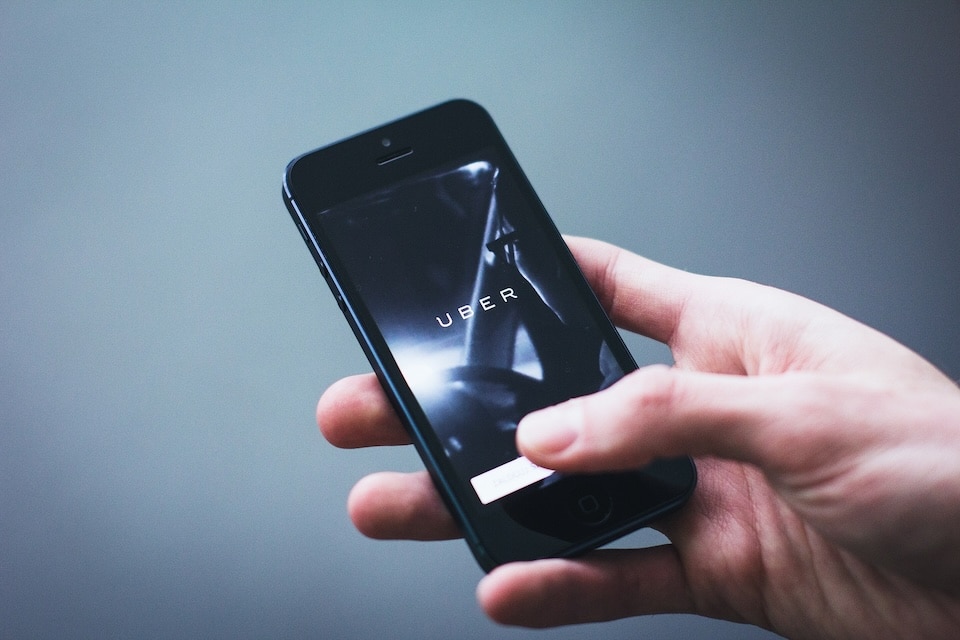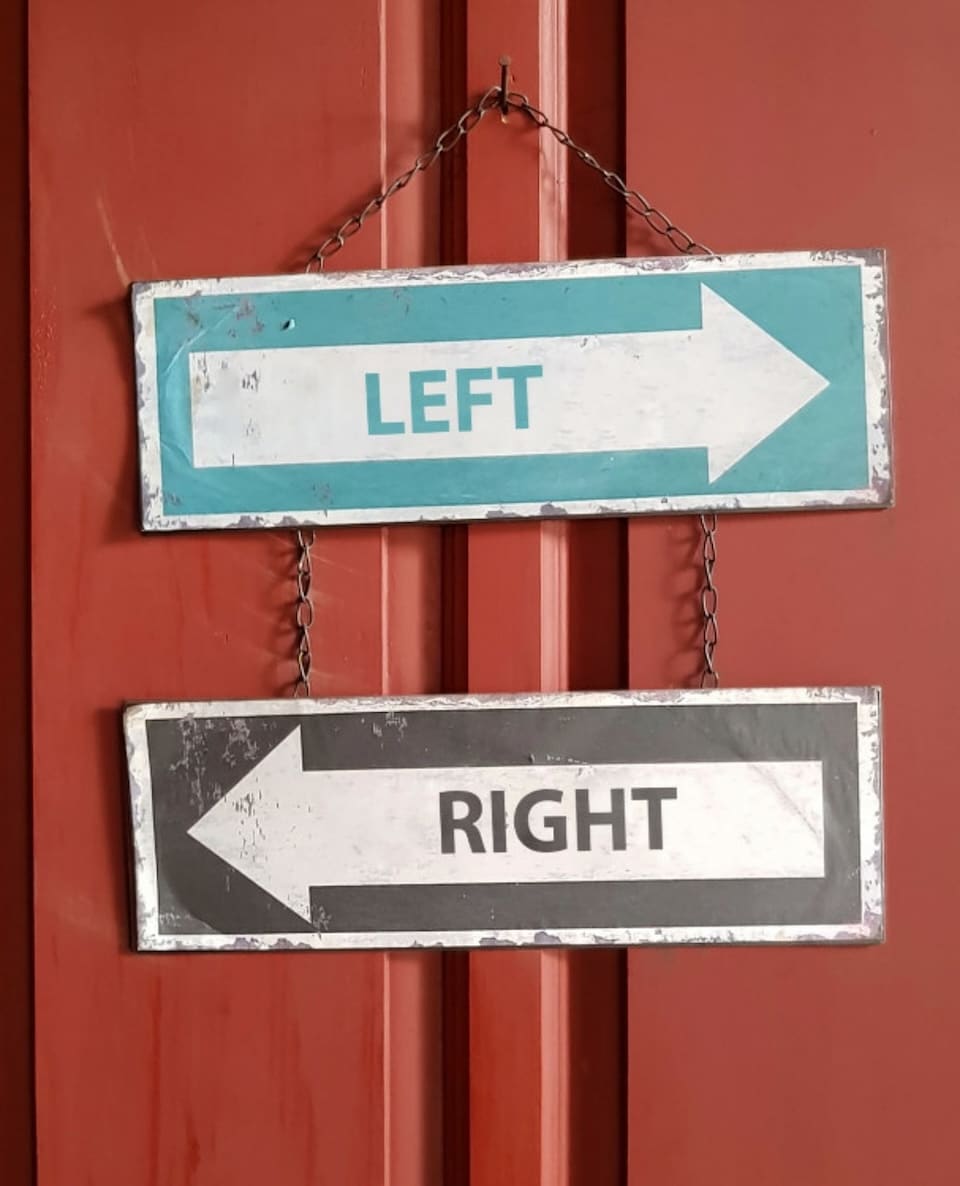“I believe in intuition and inspiration. At times I feel certain I am right while not knowing the reason why.” Do you know who said that? It was none other than Albert Einstein.

“Intuition is a very powerful thing, more powerful than intellect.” Any guesses? It was Apple’s CEO Steve Jobs.

Albert Einstein and Steve Jobs both attributed their extraordinary success to this personality trait – listening to their intuitions. They have both been stated saying, “It has never let me down.”
Sponsored by LockedIn Grip
Intuition is a noun whose definition means that someone uses quick understanding to interpret but without using reason, logic, evidence or perception. Basically, it’s a snap judgment, or quick and ready insight. Intuition is a gut reaction that only has your best interest at heart and comes from the Latin word tueri, which means “look at, guard, protect, watch over.”
Intuitive decisions are often a product of previous intense and/or extensive thinking on a specific subject. These decisions may appear fast and effortless. It ensures we respond in the moment, freeing up our brains to tackle new experiences.
Now let’s look at examples of intuition, but not from a creative or business view like Einstein or Jobs, but from the aspect of self preservation.



I can say the same for each one of these stories, this is not logic; it is your intuitive weapon naturally guiding you to not dismiss this gun feeling and to respond with a good decision.
An expert in decision-making and Nobel Memorial Prize winner, Herbert A. Simon’s view is that “intuition is recognition.” Simon based his work on the performance of chess grandmasters and their ability to move very quickly. That ability is called immediate “pattern matching” due to their outstanding memory of “previous moves” and playing thousands of games. Research psychologist Gary A. Klein developed a recognition-primed decision making model in 1985 to describe how people actually make decisions. Klein agrees that people can make rapid intuitive decisions by accessing “files in your brain” of similar experiences and running mental simulations of potential outcomes.

People are born with this magnificent inner compass – whether they realize it or not – even those with a more analytical mind. When you have a logical brain, it is often better to work with physical evidence, like recognizable pre-assault indicators, and your intuition paired together to know that it is ACTION time. No matter if you are a creative right-brained person or an analytical left-brained person, if intuition’s role is decision making, while not infallible but invaluable, then let’s give ourselves permission to listen to it.
Shelley Hill wears a "bunch of hats." Her husband, Brian, named her the “Indispensable Organization Wizard” about 25 years ago and that has become her official title. Shelley is co-owner, XO and instructor at The Complete Combatant. She is an HK Brand Ambassador, publishes regular articles in Women’s Outdoor News and Shooting Illustrated, teaches online classes, is an Active Self Protection Certified Instructor, an Instructor Graduate of Modern Samurai Project's Red Dot Instructor program, NRA Certified Instructor, Certified NRA Chief Range Safety Officer, Refuse to be a Victim Instructor and is a Certified OC (Pepper Spray) Instructor through Chuck Haggard's Agile Training & Consulting. She is the designer and mastermind behind Image Based Decisional Drills, Smart Choices , LockedIn Grip, The Complete Combatant's annual The Mingle for professional ladies in the "firearms/self defense" industry and The Quest for red dot shooters. She is also the President of a non-profit organization called Blue Line Ponies. This 501c3 focuses on providing a retirement range for our career service horses. Shelley is also a presenter at several national conferences is a public speaker and she actually loves people. View all posts by Shelley Hill